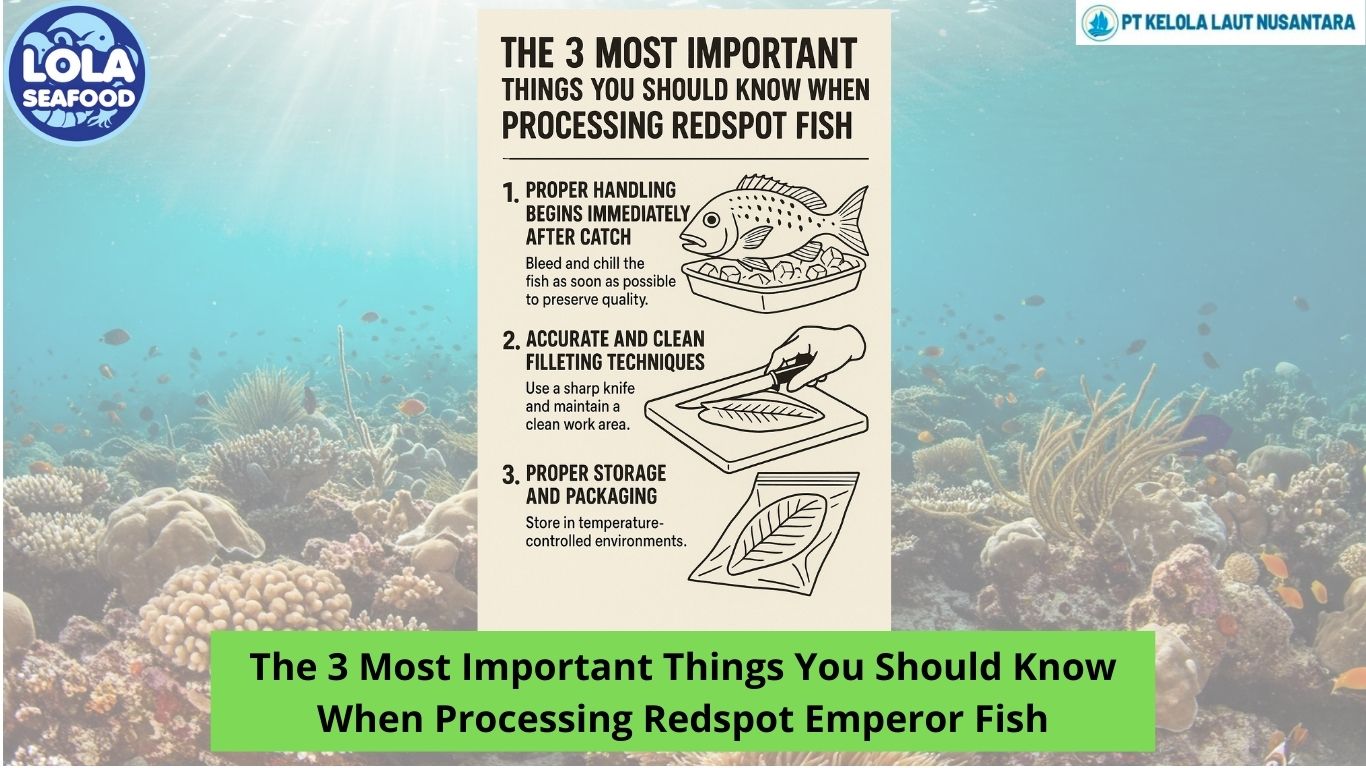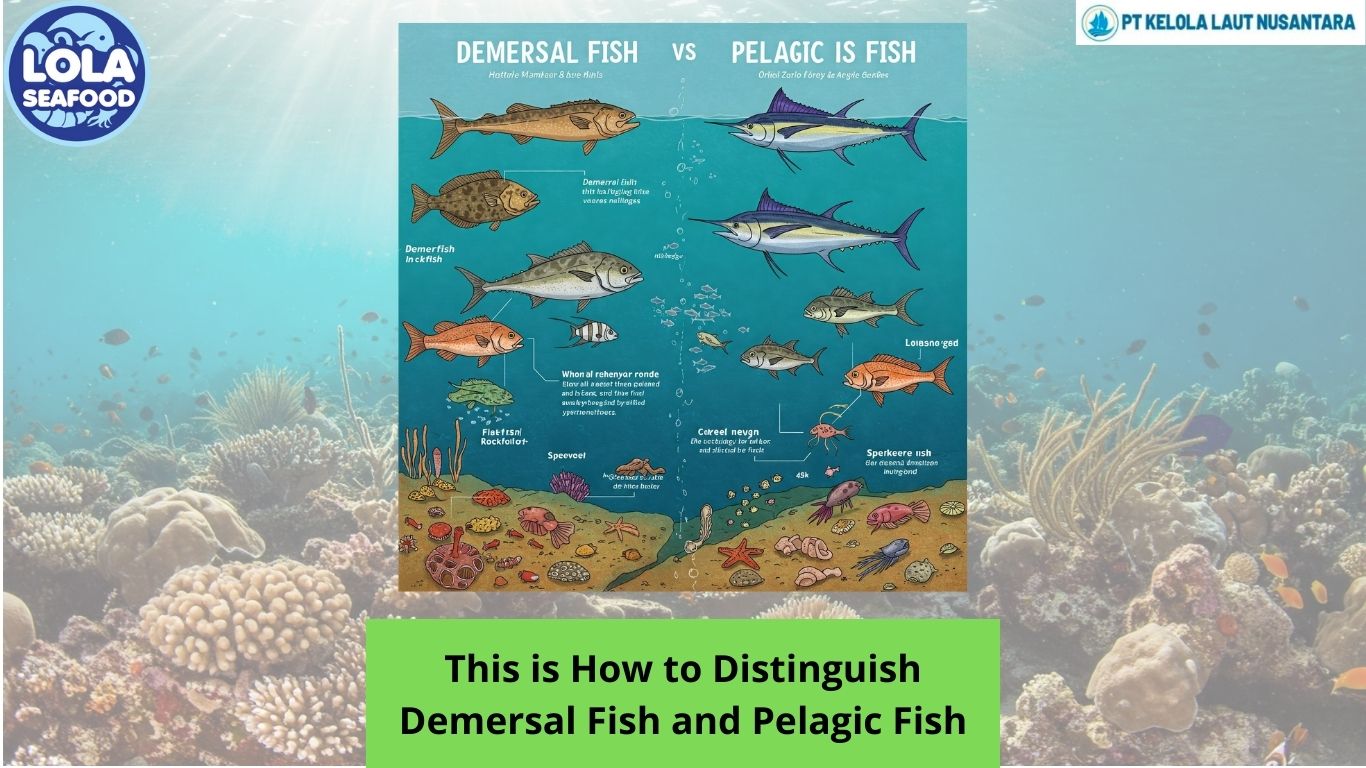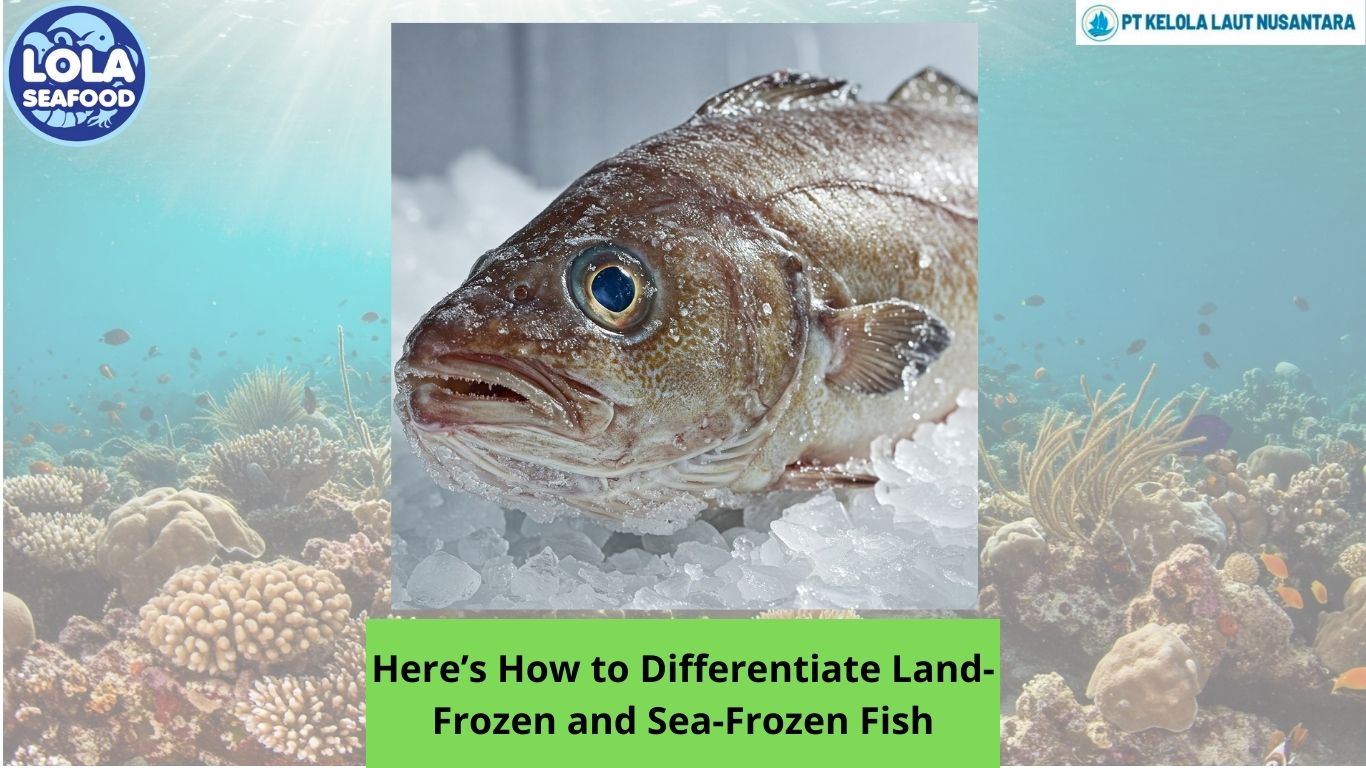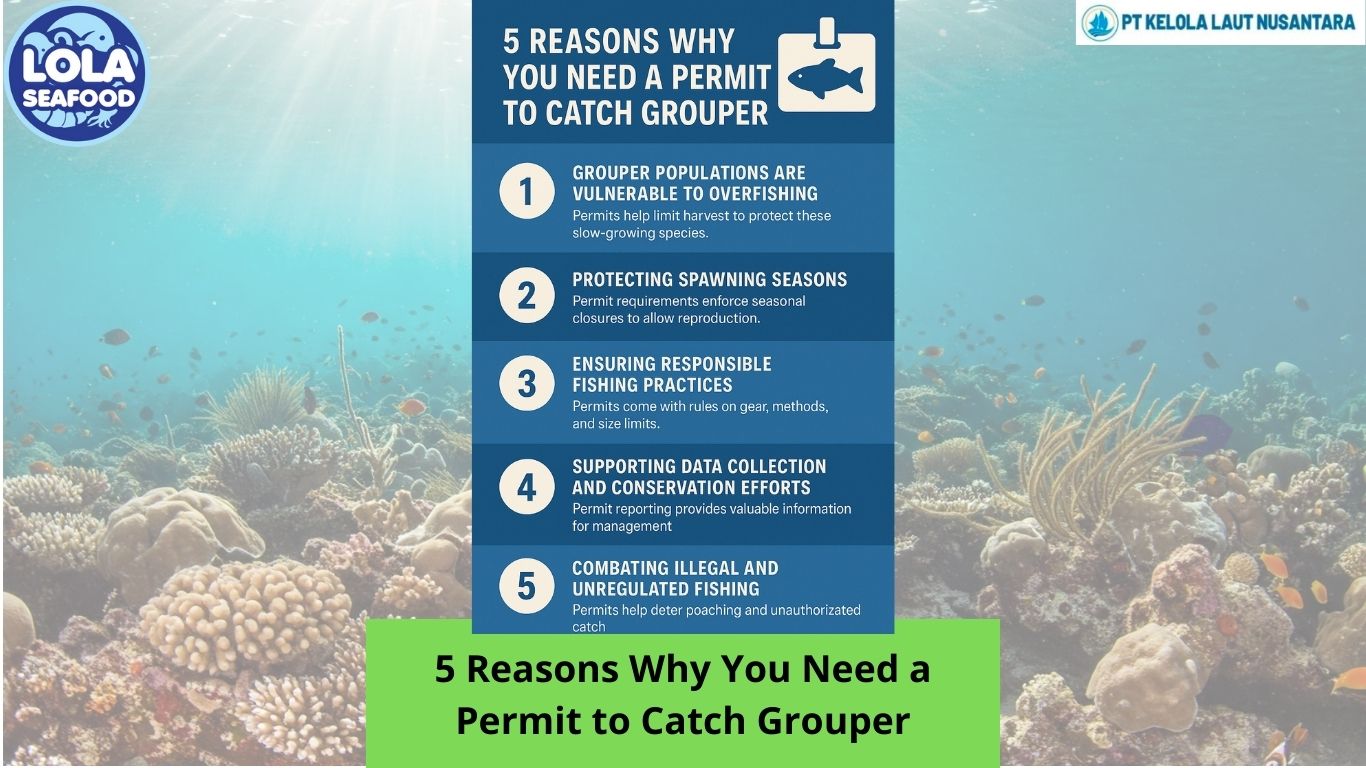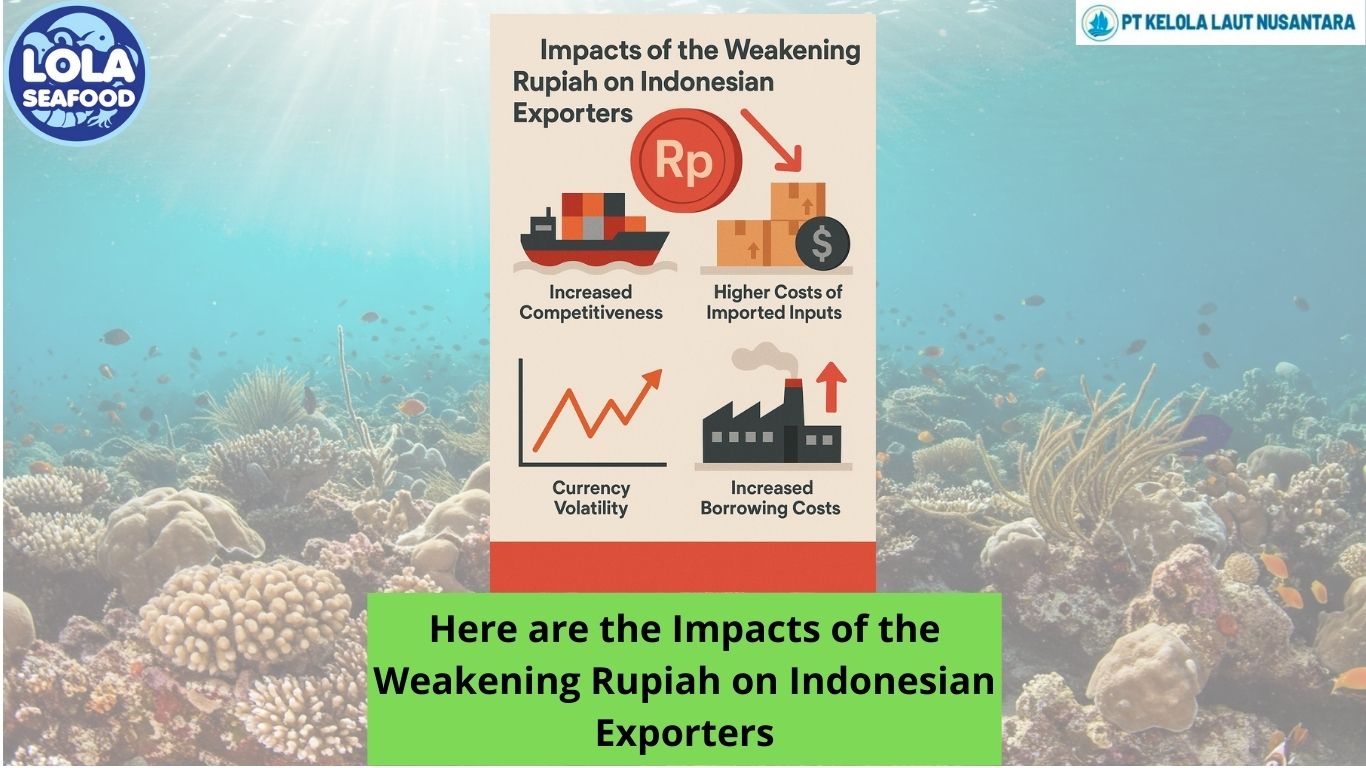Fisheries Export Policies in Indonesia: A Guide for Exporters
By. Wiwik Rasmini - 23 Dec 2024
kelolalaut.com Exporting Indonesian fishery products, such as fresh fish, processed fish, shrimp, seaweed, and other marine products, plays a crucial role in the national economy. However, exporters must understand the applicable policies and regulations to operate legally and efficiently.
Here are the key aspects to know:
1. Registration and Licensing
Before starting an export business, exporters must:
• Register as a Registered Fishery Exporter (ETP) with the Ministry of Marine Affairs and Fisheries (KKP).
• Obtain a Business Identification Number (NIB) through the Online Single Submission (OSS) system.
• Complete business permits, such as the Fisheries Business License (SIUP) and Fishing Vessel Permit (SIKPI) for fishing-related activities.
2. Compliance with Quality and Food Safety Standards
Fishery products for export must meet quality and food safety standards set by Indonesia and the destination country. Key steps include:
• HACCP (Hazard Analysis Critical Control Point): A quality control system to ensure food safety.
• Certification from the Fish Quarantine, Quality Control, and Fisheries Product Safety Agency (BKIPM), such as a Health Certificate.
• Adherence to international sanitary and phytosanitary (SPS) regulations.
3. Quarantine Regulations and Export Restrictions
• The Indonesian government prohibits the export of certain fishery commodities, such as lobster seeds, to protect marine resources.
• Specific commodities require strict inspection by BKIPM to ensure they are free from diseases or harmful contamination.
4. Export Documentation Requirements
Essential documents to prepare include:
• Invoice and Packing List.
• Bill of Lading (B/L) or Air Waybill (AWB).
• Health Certificate issued by BKIPM.
• Certificate of Origin, if required, for preferential tariffs in the destination country.
5. Tariff Policies and International Trade
• Take advantage of free trade agreements (FTAs) such as the ASEAN-China Free Trade Area (ACFTA) or Comprehensive Economic Partnership Agreement (CEPA), which offer lower tariffs.
• Ensure the products meet the Rules of Origin to qualify for tariff preferences.
6. Logistics and Cold Chain Management
Fishery products are highly dependent on efficient logistics, especially cold chain management, to maintain freshness and quality during transportation.
7. Environmental and Sustainability Policies
Many export destinations require fishery products sourced from sustainable fishing practices. Certifications such as the Marine Stewardship Council (MSC) or Aquaculture Stewardship Council (ASC) can add value to the products.
8. Government and Association Support
• The Ministry of Marine Affairs and Fisheries (KKP) often provides training, socialization, and technical support to exporters.
• Associations like the Indonesian Fish Processing and Marketing Entrepreneurs Association (AP5I) can assist exporters in expanding their markets.
If you are interested in our corvina whole round and corvina fillet please do not hesitate to contact us through email and/or whatsapp
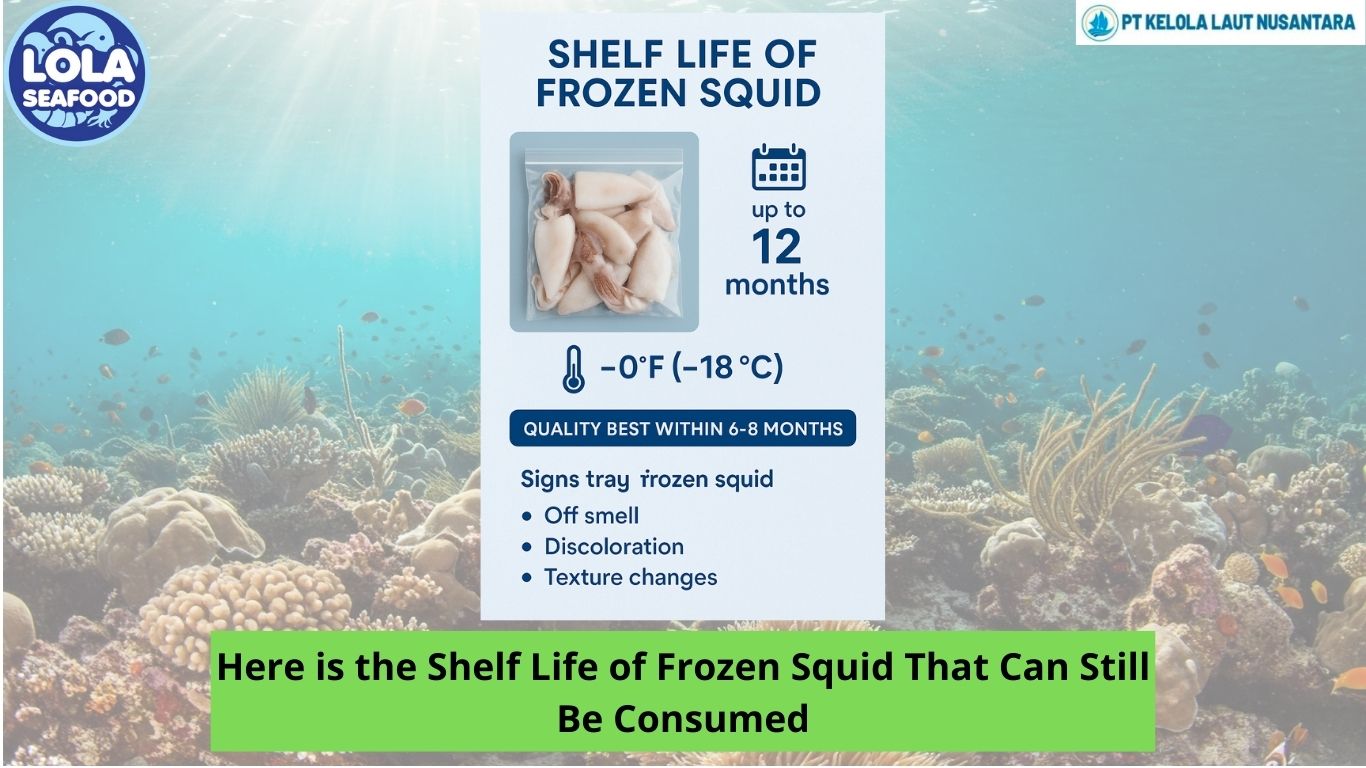
.jpg)
.jpg)
.jpg)
